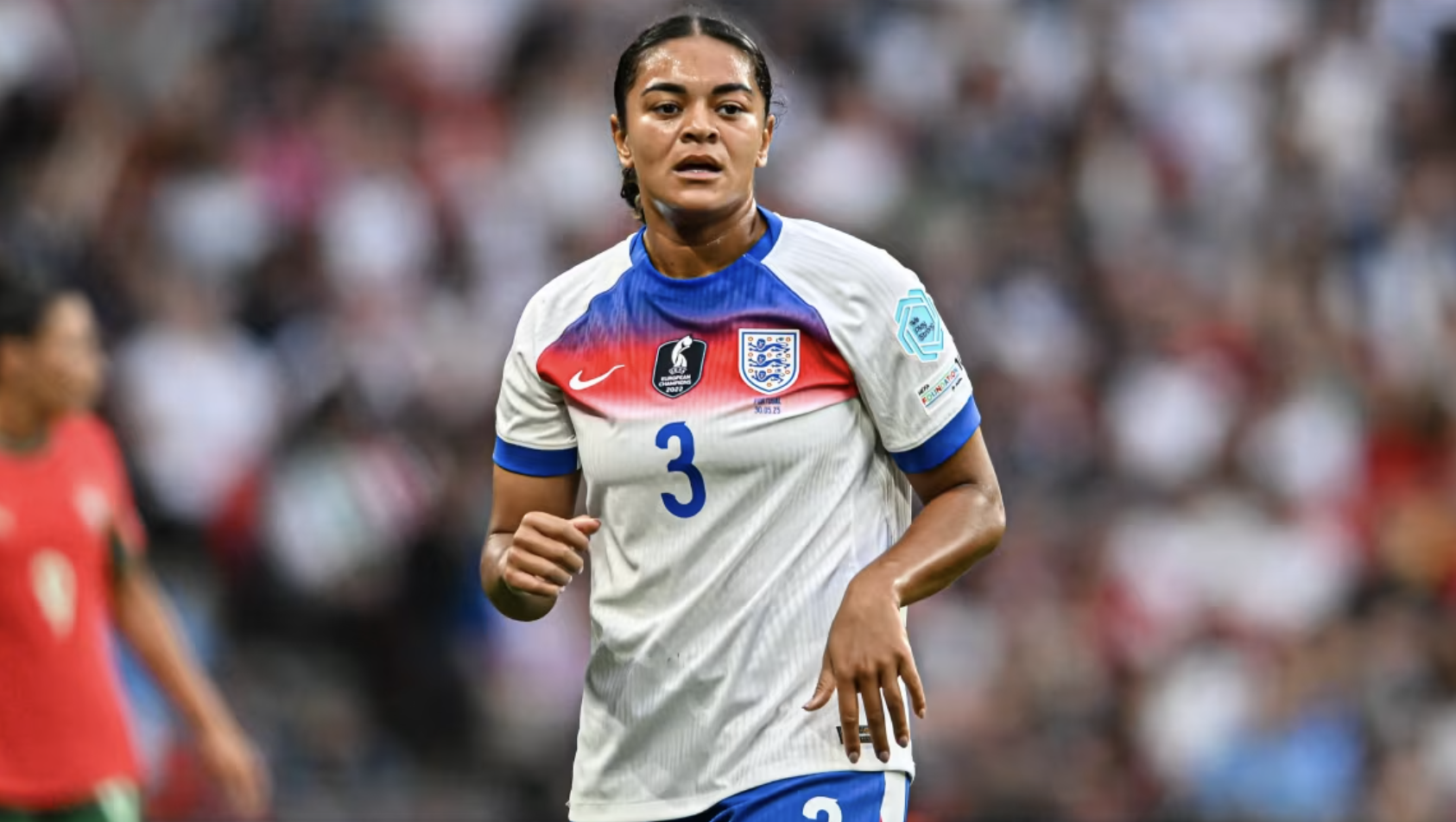When Jess Carter stepped onto the pitch during the Women’s EUROs, she represented the future of football: world-class, proudly Black, openly gay. But once again, her success was met with a wave of online racial abuse. The response? Familiar statements, fleeting outrage – then silence.
As someone who led internal reform efforts at a Championship club, I’ve seen how deeply broken the system is. Clubs, leagues and platforms talk a good game. But when it comes to player protection, safeguarding and accountability, the infrastructure just doesn’t exist.
📊 The Scale of the Problem: Discrimination Is Rising, Not Falling
The 2023/24 season marked a record high in reported discrimination across football:
1,332 reports of discriminatory behaviour were made to Kick It Out - a 32% increase year on year
Racist abuse rose 47%, from 496 to 731 cases, making it the most reported form of discrimination.
Player-specific abuse rose 43%, from 277 to 395 cases in the professional game.
Reports of online abuse more than doubled, from 281 to 589 cases.
Players of East and South-East Asian heritage were disproportionately affected, accounting for over 55% of targeted racist incidents in the pro game.
This is evidence that despite years of campaigns and hashtags, the sport is becoming less safe for many players - especially online.
⚙️ The Current Setup: Who Holds Responsibility?
Clubs and Leagues
While individual clubs issue public statements and occasionally report abuse, there are:
No mandatory standards for digital safeguarding.
No enforced training or escalation protocols.
No consistent player support beyond basic wellbeing provision.
In my time at a Championship club, we attempted to build better reporting pathways and player support, but there was no structural guidance from the league. Responsibility sat with individuals, not systems.
Leagues (FA, Premier League, EFL)
The leagues remain heavily invested in PR-driven campaigns like Kick It Out and No Room for Racism. These raise visibility, but they:
Lack enforcement power.
Do not publish club compliance data.
Have no framework for holding clubs accountable for repeated inaction.
Police
Policing of online hate is sparse. With matchday costs already contentious - many forces now ask Premier League clubs to cover a greater share - online enforcement drops down the list. Unless there’s a direct physical threat, police are unlikely to pursue online abuse, especially when perpetrators are anonymous or based overseas.
Social Media Platforms
Despite the Online Safety Act (2023), platforms continue to:
Allow anonymous users to target players with minimal moderation.
Delay or ignore takedown requests.
Withhold data that could support law enforcement action.
Even when clubs escalate serious abuse, there’s often no response unless the issue goes public.
🧱 Structural Challenges: Why the System Doesn’t Work
No central accountability: No body has both the mandate and the power to enforce protection for players.
Platforms profit from engagement: Hate still drives traffic. There’s little financial incentive to act.
Cross-jurisdictional barriers: Online abuse is global. Enforcement is not.
Inconsistent club appetite: Many clubs lack the infrastructure, leadership or pressure to act decisively.
Legislative lag: While the Online Safety Act is a step forward, it wasn’t designed with athletes in mind.
⚖️ The Online Safety Act: Progress, But Limited
The Online Safety Act (2023) introduces Ofcom regulation and fines for platforms failing to prevent illegal content. It’s a significant policy milestone, but:
What it might achieve:
Greater platform transparency and reporting.
Fines for non-compliance.
Strengthened moderation standards for all users.
What it won’t fix:
There’s no athlete-specific protection or escalation channel.
It doesn’t mandate real-time moderation during live sporting events.
It doesn't force platforms to verify accounts or share user data with clubs or leagues.
Without targeted provisions for high-risk groups like footballers, the act remains a blunt tool.
✅ What Needs to Be Done: A Clear Action Plan
To protect players and rebuild trust, football must move from awareness to enforcement. Here’s what that requires:
1. Create a Central Abuse Monitoring and Response Body
Independent from clubs and leagues, with powers to escalate abuse cases to platforms and police.
Provide real-time support to affected players.
Publicly report trends and platform accountability.
2. Mandate Safeguarding Standards for All Clubs
Minimum standards for online abuse monitoring, reporting and player care.
Built into club licensing agreements.
Regular audits, with non-compliance linked to financial penalties.
3. Reform Platform Policy
Mandatory ID verification for users interacting with verified accounts.
Permanent bans for repeat offenders.
Real-time reporting and takedown mechanisms for athletes under attack.
4. Enhance Police and Legal Infrastructure
Fund specialist online hate units with football-focused expertise.
Require social platforms to share user data under streamlined legal processes.
Hold top-tier clubs accountable for funding part of this work.
5. Amend the Online Safety Act
Recognise elite athletes as a defined “at-risk group”.
Introduce enhanced protections, takedown speeds and support services.
🎯 Final Word: Statements Are Not Protection. Systems Are.
Jess Carter should never have to trade visibility for vulnerability. And players shouldn’t have to rely on public outrage to trigger action.
From my own experience inside a Championship club, I can tell you: the appetite to tackle this issue exists on the ground. But without clear standards, funding and accountability, it remains piecemeal and unsustainable.
Football has the money. Social media platforms have the tools. The law is starting to catch up. Now we need leadership - not from players, but from those paid to protect them.
No more statements. It’s time for structural change.
